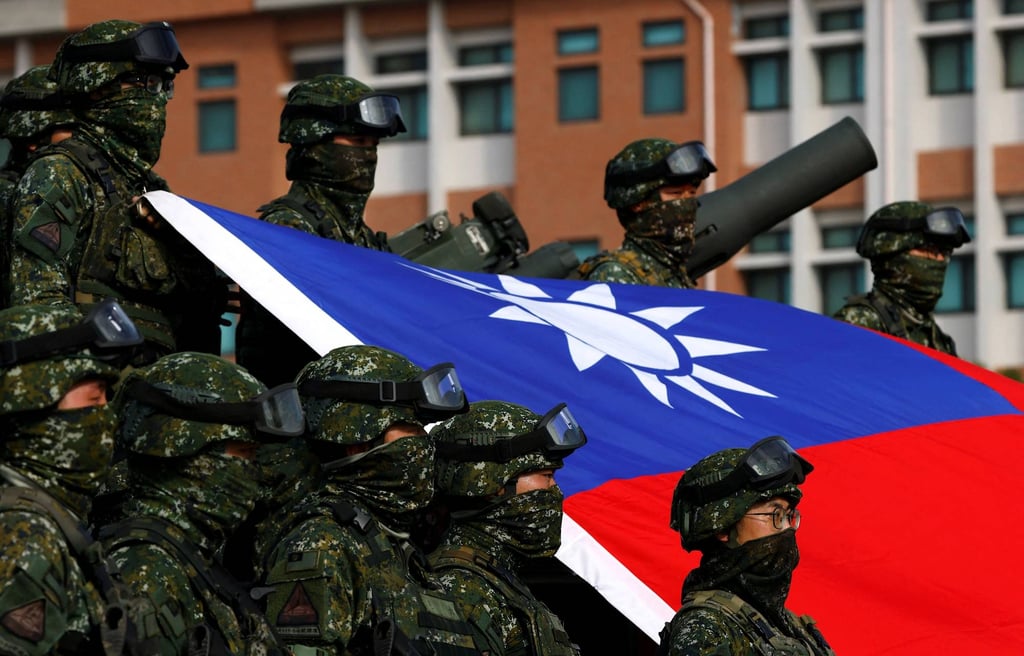Why Defending Taiwan Is Defending the Free World
A Chinese invasion of Taiwan would shatter the Indo-Pacific balance and embolden authoritarian regimes worldwide. America’s commitment to Taiwan is about far more than just one island—it’s about the future of global democracy.
OPINION
Emmanuel Makome
5/2/20252 min read


In an age of rising authoritarianism and intensifying global power struggles, Taiwan has become more than just a flashpoint in U.S.-China relations—it has become a frontline for freedom. If the West allows Taiwan to fall, it signals far more than military retreat—it signals the collapse of American credibility in defending democracy anywhere.
For decades, Taiwan has stood as a living example of what a thriving, pluralistic Chinese-speaking democracy can look like. In sharp contrast to the surveillance state of mainland China, Taiwan boasts free elections, a vibrant civil society, and a global tech industry that powers much of the world’s digital infrastructure. Its survival is not just in Taiwan’s interest—it’s in ours.
Let’s be clear: the stakes could not be higher. Taiwan is responsible for more than 60% of the world’s semiconductor production and over 90% of advanced chips. A Chinese takeover wouldn’t just give Beijing a strategic stranglehold on the global economy—it would also allow China to rewrite the rules of trade, technology, and power in the Indo-Pacific.
The United States has both a moral and strategic imperative to support Taiwan. Some argue for restraint, claiming that direct confrontation with China risks world war. But history has taught us that appeasement only invites further aggression. Just as failing to deter Russia in Crimea set the stage for Ukraine’s invasion, inaction in Taiwan would give Xi Jinping the green light—not just in Asia, but across every global arena where China is testing American resolve.
Critics say Taiwan is “not our problem.” But if we abandon a democratic ally under threat, why should any other nation trust American security guarantees? Why would Japan, South Korea, or the Philippines continue aligning with the U.S. in an increasingly contested Indo-Pacific? Losing Taiwan wouldn’t just be a regional failure—it would represent a seismic shift in the global balance of power.
President Xi has made clear that reunification with Taiwan is a central goal of his regime, and he’s willing to use force to achieve it. That’s why American deterrence matters now more than ever. Military readiness, diplomatic support, arms sales, and deepened trade ties with Taipei are not acts of provocation—they’re signals that aggression will have consequences.
Defending Taiwan doesn’t mean going to war. It means making the cost of war too high for China to consider. It means rallying allies across Asia and Europe to draw a line—because the fight for Taiwan is not just about one island. It’s about defending the principle that free people get to choose their future.
The world is watching. And if America wants to remain the leader of the free world, then Taiwan must know that when push comes to shove, we’ll be there.
Photo: Reuters
© 2026. Ke Press Global. A Ke Harbor Company. All rights reserved.
FOLLOW KE PRESS GLOBAL ON :
Contact us


